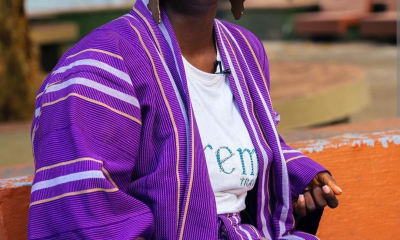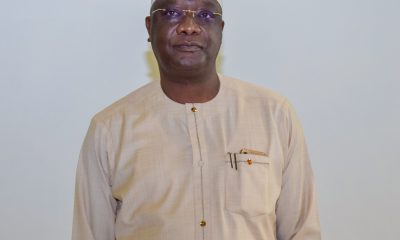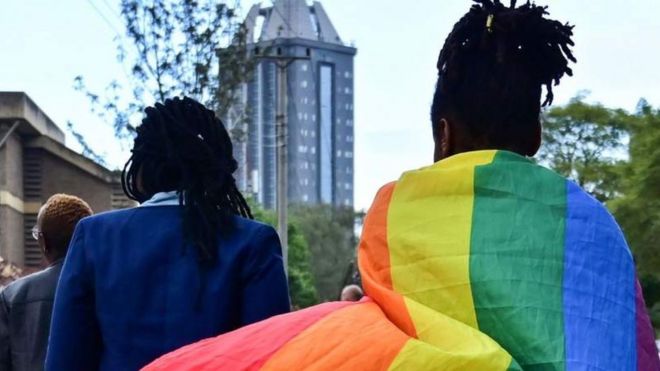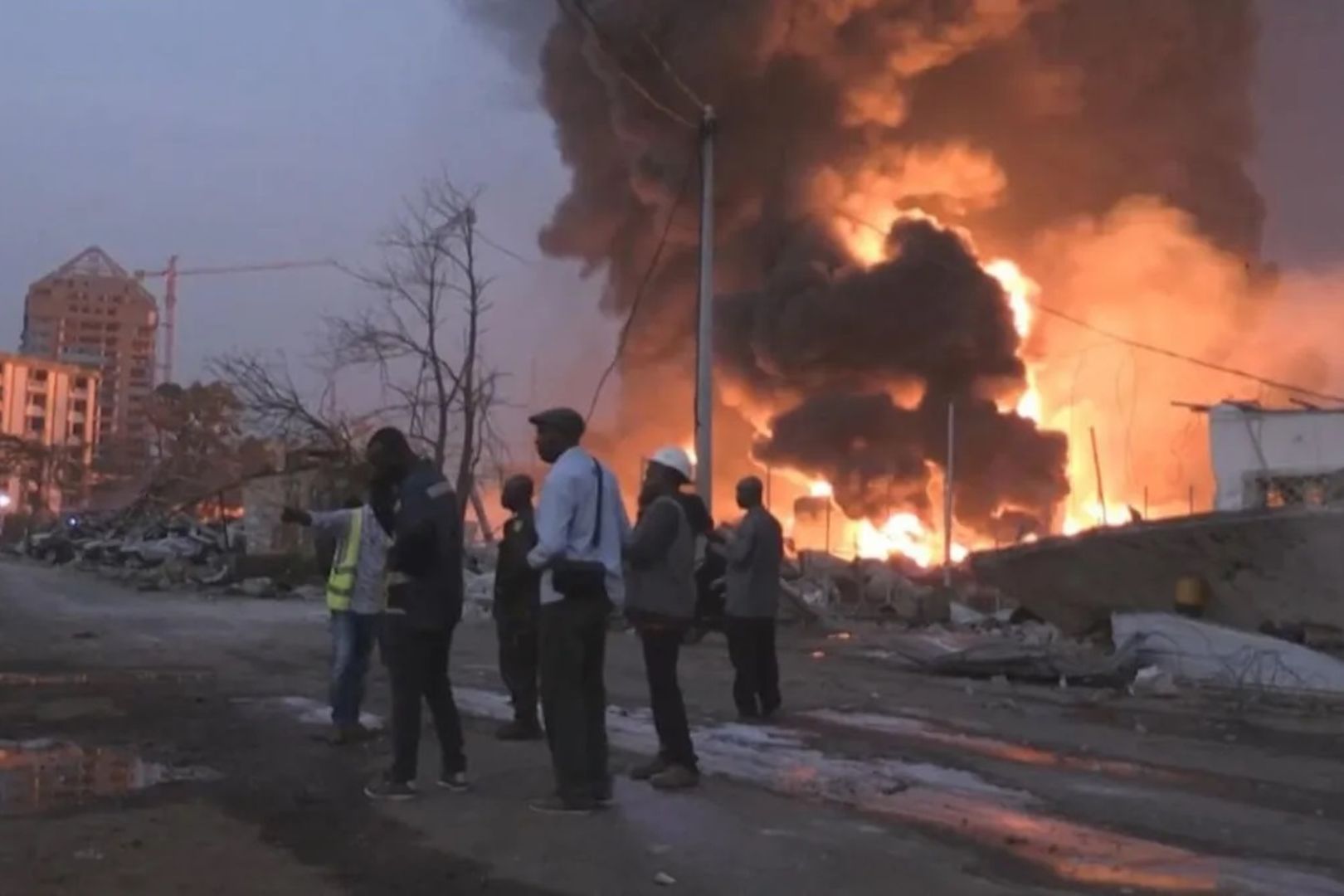The World Bank has become the latest international organization to pause aid disbursements to Afghanistan following the Taliban’s takeover.
The Islamic militant group has controlled the Afghan capital of Kabul for more than a week now. It marked the collapse of the country’s government as U.S. and allied troops withdraw from the war-torn country after 20 years.
“We are deeply concerned about the situation in Afghanistan and the impact on the country’s development prospects, especially for women,” a spokesperson for the World Bank told CNBC via email.
“We have paused disbursements in our operations in Afghanistan and we are closely monitoring and assessing the situation in line with our internal policies and procedures. As we do so, we will continue to consult closely with the international community and development partners,” the same spokesperson said.
The World Bank had committed more than $5.3 billion for development projects in Afghanistan.
The International Monetary Fund decided last week to also block the Taliban from accessing financial resources. The Washington-based institution wants some clarity regarding the future government in Kabul before making its funding available again.
There’s a similar stance from Germany and the wider European Union, who have also frozen development funds to the Middle Eastern nation in the wake of the Taliban takeover.
“The future development assistance has to be condition-based. It always is condition-based, linked to fundamental values, human rights, and of course women’s rights. And it is self-speaking that the development assistance of the future has also to be strictly condition-based,” Ursula von der Leyen, the European Commission’s president, said Tuesday at a press conference.
She added that the EU has 1 billion euros ($1.17 billion) set aside for the next seven years for Afghanistan. “It is frozen until we have solid guarantees and credible actions on the ground that the conditions are being met,” she said.
However, the EU announced on Tuesday it was stepping up its aid for humanitarian assistance to Afghanistan from 50 million euros this year to 200 million euros. The idea is to prevent a severe humanitarian shock from the unfolding situation on the ground.
“This will help meet the urgent needs of Afghans both in Afghanistan but also of course in the neighboring host countries,” von der Leyen also said.
The EU is keen to support nations bordering Afghanistan, such as Pakistan and Iran, to prevent an acute refugee crisis.
European leaders are willing to rehome some refugees from Afghanistan, but it wants to stop a massive influx similar to what the region witnessed in 2015 and 2016 in the wake of the conflict in Syria.
Following an emergency G-7 leaders video call on Tuesday, the U.K. and Canada committed to take in about 20,000 refugees each.
World Bank halts aid to Afghanistan, ‘deeply concerned’ on prospects for women
The World Bank has become the latest international organization to pause aid disbursements to Afghanistan following the Taliban’s takeover.
The Islamic militant group has controlled the Afghan capital of Kabul for more than a week now. It marked the collapse of the country’s government as U.S. and allied troops withdraw from the war-torn country after 20 years.
“We are deeply concerned about the situation in Afghanistan and the impact on the country’s development prospects, especially for women,” a spokesperson for the World Bank told CNBC via email.
“We have paused disbursements in our operations in Afghanistan and we are closely monitoring and assessing the situation in line with our internal policies and procedures. As we do so, we will continue to consult closely with the international community and development partners,” the same spokesperson said.
The World Bank had committed more than $5.3 billion for development projects in Afghanistan.
The International Monetary Fund decided last week to also block the Taliban from accessing financial resources. The Washington-based institution wants some clarity regarding the future government in Kabul before making its funding available again.
There’s a similar stance from Germany and the wider European Union, who have also frozen development funds to the Middle Eastern nation in the wake of the Taliban takeover.
“The future development assistance has to be condition-based. It always is condition-based, linked to fundamental values, human rights, and of course women’s rights. And it is self-speaking that the development assistance of the future has also to be strictly condition-based,” Ursula von der Leyen, the European Commission’s president, said Tuesday at a press conference.
She added that the EU has 1 billion euros ($1.17 billion) set aside for the next seven years for Afghanistan. “It is frozen until we have solid guarantees and credible actions on the ground that the conditions are being met,” she said.
However, the EU announced on Tuesday it was stepping up its aid for humanitarian assistance to Afghanistan from 50 million euros this year to 200 million euros. The idea is to prevent a severe humanitarian shock from the unfolding situation on the ground.
“This will help meet the urgent needs of Afghans both in Afghanistan but also of course in the neighboring host countries,” von der Leyen also said.
The EU is keen to support nations bordering Afghanistan, such as Pakistan and Iran, to prevent an acute refugee crisis.
European leaders are willing to rehome some refugees from Afghanistan, but it wants to stop a massive influx similar to what the region witnessed in 2015 and 2016 in the wake of the conflict in Syria.
Following an emergency G-7 leaders video call on Tuesday, the U.K. and Canada committed to take in about 20,000 refugees each.



 diplomacy4 semaines ago
diplomacy4 semaines ago


 News3 semaines ago
News3 semaines ago


 News3 semaines ago
News3 semaines ago


 News2 semaines ago
News2 semaines ago


 Features1 semaine ago
Features1 semaine ago


 Entertainment1 jour ago
Entertainment1 jour ago















